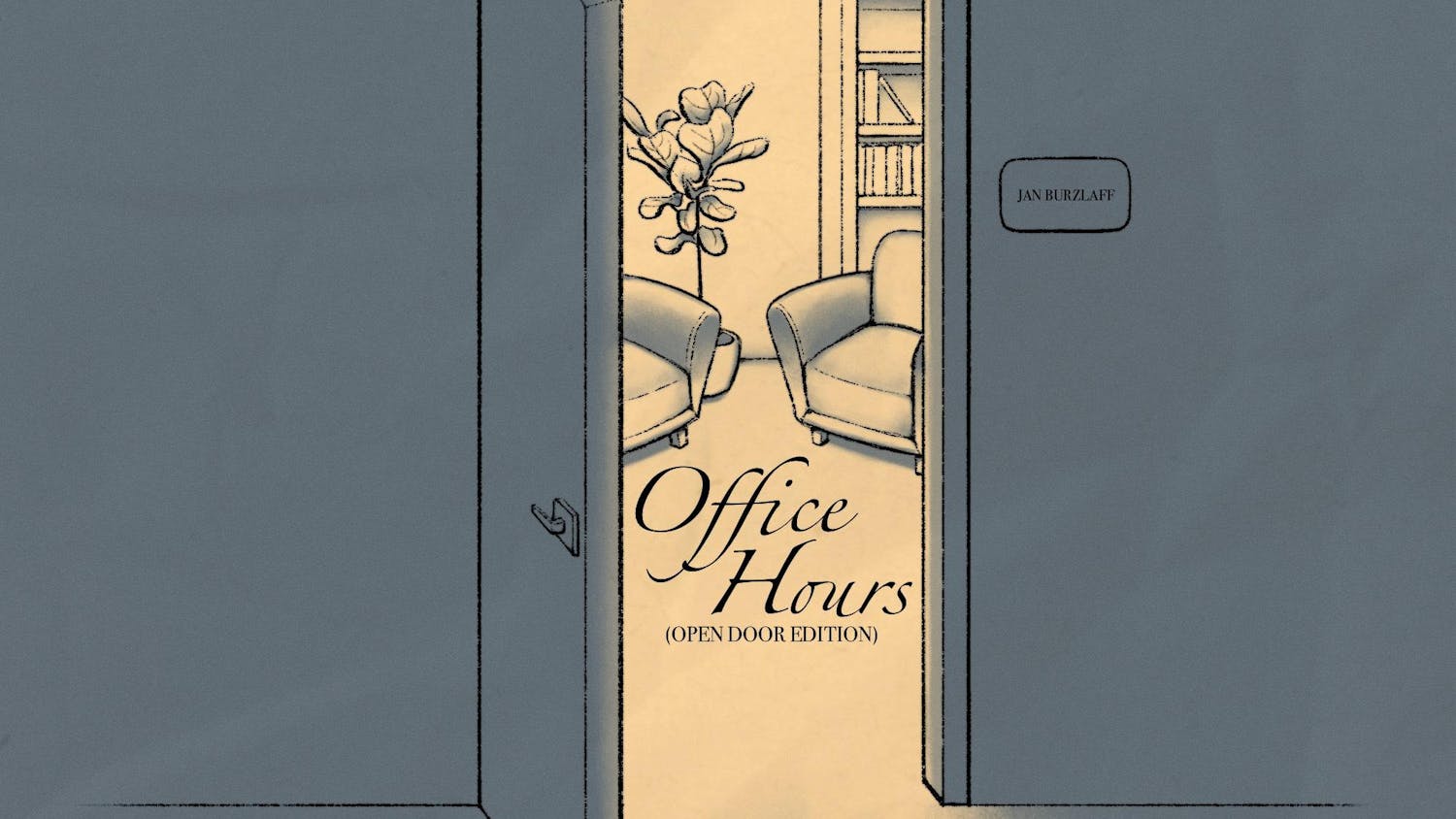Love is the supreme virtue, it surpasses all other human emotions. We long for it, cry because of it and sometimes even kill over it. The question of what is it constantly remains unanswered despite the countless pages of ink spilled over it, millions of hours of speeches and of course, endless songs written about it.
In modern times and on college campuses like Cornell, we do not even know what love is. Love used to be commonplace in families, but became unattainable, a holy grail. You train to find it in college through dating and situationships. Once you finally graduate school around 30, you begin searching for true love. Eventually, you find one who the thought of life without them is too difficult to bear, so you get married.
After a while, you start a family. Only your Prince Charming doesn’t look so charming anymore and doesn’t act so princely. Your wife isn’t as exciting as she used to be. This is not love, so you get divorced. The quest for the holy grail renews again, for those who are lucky. Some realize that they did not just fail to find the holy grail but instead found Judas’ silver. Their former true love started their new search a little too early, even during the marriage.
But how did relationships and therefore love get in such a dire state, from “Stand by Me” to “abcdefu”? The answer is revolution, specifically the sexual revolution. While no one stormed the gates or executed sovereigns, the effect of the sexual revolution was similar to the French and Russian in that it drastically altered the world. The revolutionaries did not use guns but used culture, television and music. Instead of sacking any capital, they went after love’s most prized possession — sex — and democratized it. Sex was freed from archaic heterosexual unions. Under the new regime, sex would be open to all, the unmarried and even the children. Sexual freedom is a right for all.
As one of those pesky reactionaries to the revolution, I only have one question: How is it working out for you? You have the freedom to fulfill all your sexual desires, are the stolen waters not sweet and the bread eaten in secret pleasant? You have the freedom of orphans, you can do whatever you want because no one cares for your well-being to tell you no. This freedom is not true freedom just as the modern idea of love is not love. True freedom is the ability to do the right thing and desire to do it.
What is love? Is it your heart skipping a beat or that feeling you get when that person is near? No, it is not a feeling but an action. Love can best be defined as willing the good of another. This is a disposition towards a person which is proven through action. You can’t truly love someone and keep putting them down or constantly cheat on them. True love goes even further: It is willing the good of another even at a cost to yourself. This is why the greatest love is “to lay down one’s life for one’s friends” and the greatest act of love in the history of the world is the crucifixion, not only laying down one’s life for your friends but also enemies as well.
On a final note, I would like to address the sexual revolution again, because, like most revolutions, it started with good reason. Before the revolution, promiscuity was allowed but only for one sex, making it more than fair to complain. But the solution was not to destroy all sexual moors, the solution was to tell men to stop acting like toddlers. Tell them, you are not manly because you can fulfill your desires but the opposite, you are manly because you know show restraint. Just because one part of society jumps off a bridge does not mean all of society should.
We should all work together to better one another because that is a much-ignored aspect of love. Willing the good of another is just encouraging them to give in to their desires but it is helping them to become better, which is why love involves relationships. If you want to be in a relationship but not be changed by the other person, you do not want a loving relationship, you want a master-and-servant relationship.
Remember, as is said in 1 Corinthians 13:4-7, “Love is patient and kind; love does not envy or boast; it is not arrogant or rude. It does not insist on its own way; it is not irritable or resentful; it does not rejoice at wrongdoing, but rejoices with the truth.Love bears all things, believes all things, hopes all things, endures all things.”
Happy Valentine’s Day!
Armand Chancellor is a fourth year student in the Brooks School of Public Policy. His fortnightly column The Rostrum focuses on the interaction of politics and culture at Cornell. He can be reached at achancellor@cornellsun.com.
The Cornell Daily Sun is interested in publishing a broad and diverse set of content from the Cornell and greater Ithaca community. We want to hear what you have to say about this topic or any of our pieces. Here are some guidelines on how to submit. And here’s our email: opinion@cornellsun.com.
Armand Chancellor is a fourth year student in the Brooks School of Public Policy. His fortnightly column The Rostrum focuses on the interaction of politics and culture at Cornell. He can be reached at achancellor@cornellsun.com











